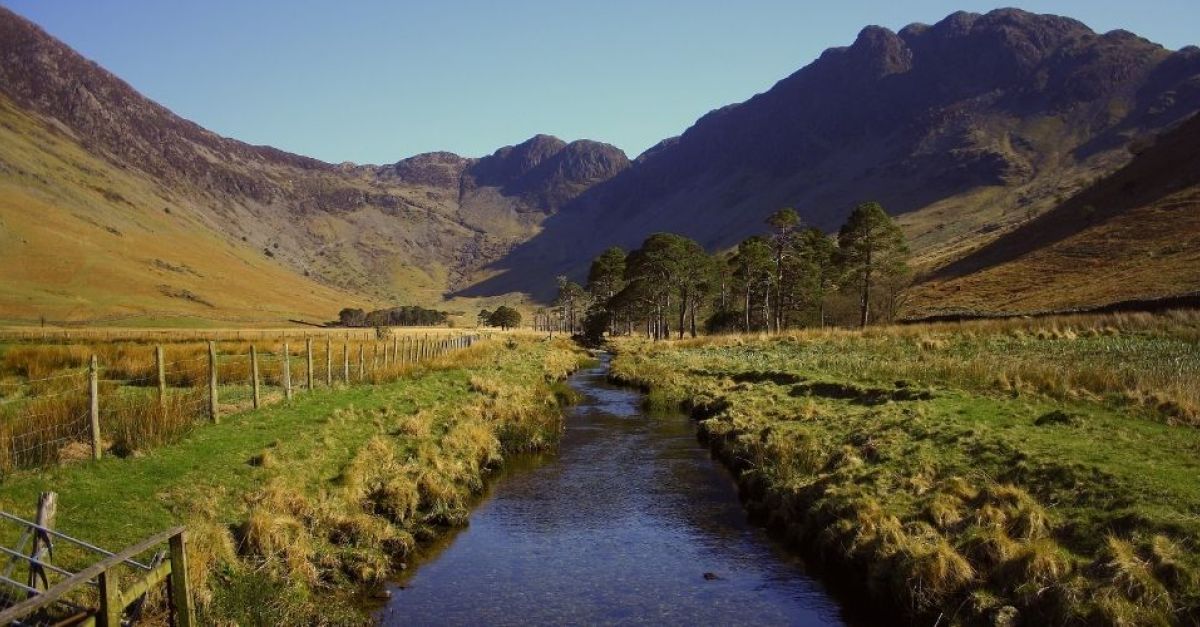
EU legislators agree on agricultural statistics regulation (SAIO)
Member States block the sustainable protection of drinking water resources
Yesterday, the European Parliament and the Council reached a provisional agreement in the Trilogue negotiations on the Statistics for Agricultural Input and Output (SAIO) Regulation. Parliament had proposed detailed annual area-related data collection on pesticides, biocidal products, fertilisers, veterinary medicinal products for animals and antibiotics in feeding stuff, as well as on organic farming. In contrast, Member States wanted to water down the Commission proposal suggesting data collection every five years.
EurEau deeply appreciated Parliament's negotiators' insistence, and in particular the rapporteur Petros Kokkalis, on a number of key positions. Under the provisional agreement, Member States will have to collect harmonised data on the use of pesticides, on organic farming, on fertilisers and on the use of antimicrobials. Furthermore, data on pesticides will include active substances placed on the market and used in agricultural activities by crop and area treated. Parliament also agreed that data must be disseminated annually. It is however disappointing that the first set of data will only be collected in 2026 and disseminated in 2028, with annual data collection starting in 2028 (dissemination in 2030).
EurEau members are committed to continuously supplying EU citizens with healthy, wholesome and affordable drinking water. The Drinking Water Directive (DWD) sets stringent quality requirements for hazardous substances including pesticides and nitrate. Member States will only be able to meet the requirements of Article 8 (DWD) ‘Risk assessment and risk management of the catchment areas for abstraction points of water intended for human consumption’, if drinking water authorities have access to reliable information about potential pollution sources. The agreed SAIO Regulation is unlikely to provide the data needed for this assessment. Diffuse pollution from agriculture is one of the main sources for the contamination of drinking water resources.
- Created on .